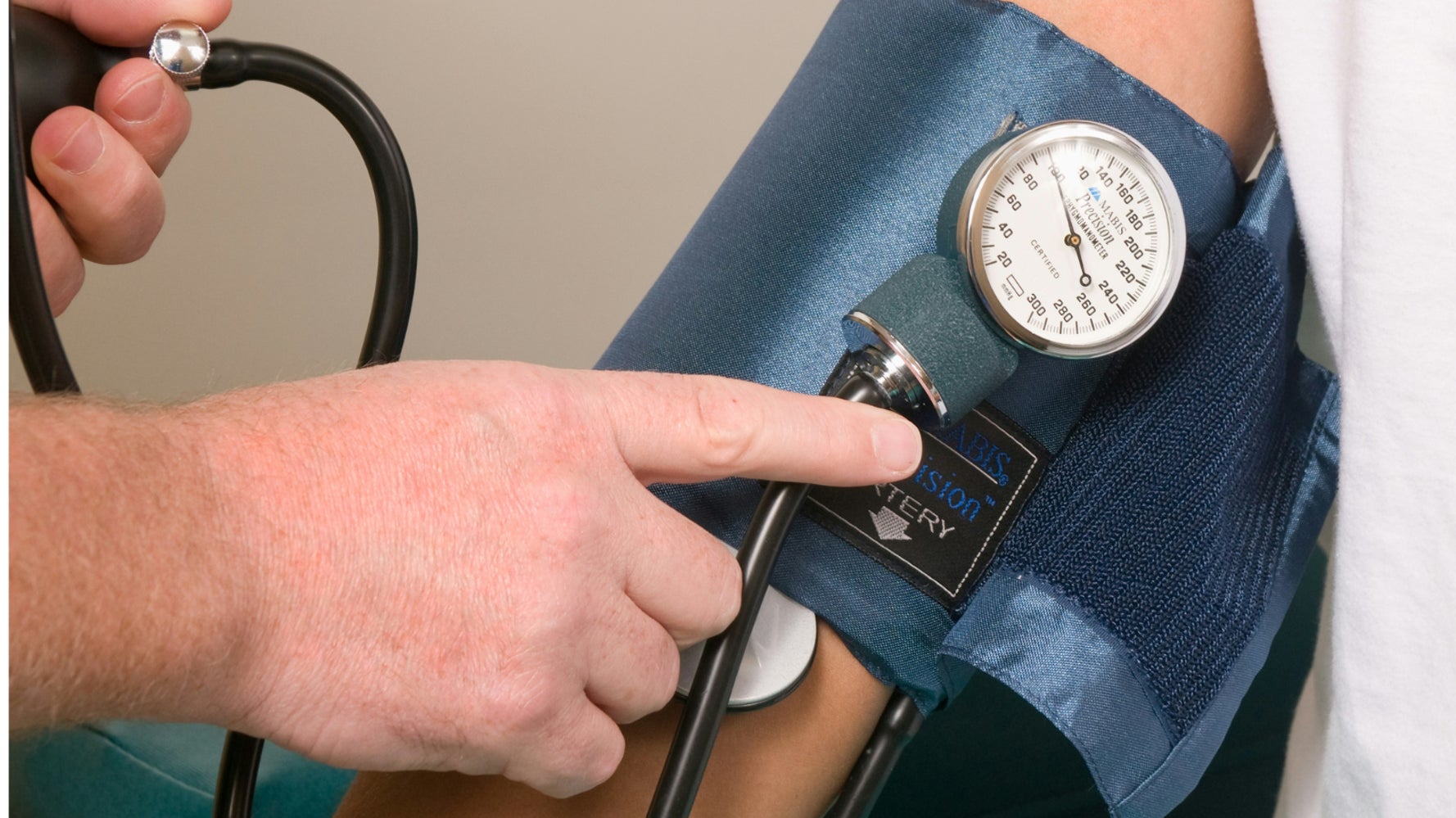Eating too much salt, or sodium, can raise your blood pressure and increase your risk of heart attack and stroke, the NHS warns.
Adults should stick to less than 6g of salt a day, or about a level teaspoon, to reduce their risk.
But according to the American Heart Association (AHA), another mineral (potassium) can help to control your blood pressure by mitigating the effects of sodium.
“The more potassium you eat, the more sodium you lose through urine,” they advised (though the NHS says we should be able to get enough of the mineral through our diet and say too many potassium supplements can be dangerous, especially for older people).
Speaking on gut health company ZOE’s podcast recently, the company’s co-founder Professor Tim Spektor said some research shows potassium “has an even bigger effect [on blood pressure] than salt.”
How does potassium affect blood pressure, and what is its relationship to salt?
Professor Spector explained: “Potassium is another key element that is important in how much water goes in and out of a cell.”
Its role in the body is to manage the balance of fluids and ensure our heart works properly.
But per the professor, “Studies have shown that it’s the sodium-to-potassium ratio that’s much more important than just salt on its own. Remember, salt is sodium chloride.”
One 2023 paper found that this ratio seemed to predict cardiovascular disease independently of other factors, while a 2020 meta-analysis linked salt higher in potassium and lower in sodium to better blood pressure.
Don’t think eating more potassium, or eating salt higher in potassium, means you can get away with consuming too much salt safely – as Professor Spector says, “you also want to reduce your salt.”
But those who get enough potassium in their diet, as well as avoiding too much salt, may see increased protection against high blood pressure.
Who should eat more potassium and who should avoid it?
Per the AHA, otherwise healthy adults with blood pressure of 120/80 mm Hg or higher might benefit from increasing potassium in their diet.
But it can be damaging to people with kidney disease, some medications, and any condition that affects how the body handles potassium, they add.
Speak to your doctor if you’re unsure.
The NHS says that while most adults need 3,500mg of potassium a day, this si best reached through diet alone.
Too much potassium can cause an upset stomach and “Older people should not take potassium supplements unless advised to by a doctor.”
Which foods are high in potassium?
Good news: the NHS says potassium is actually available to some extent in “most” food.
But particularly good sources include:
potatospinachswiss chardwater chestnutsyamkiwifruitorange juicepomegranate juiceprune juicebananasacorn squashbamboo shootscarrot juicefufulima beansplantainsbroccoliparsnipsbrussels sproutsbeans and pulsesnuts and seedsfishbeefchickenturkey.
